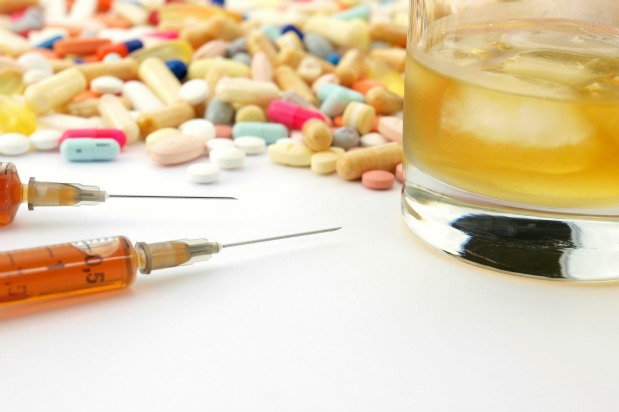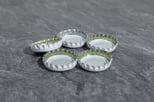One of the toughest things for people who are struggling with alcoholism to do is admit that they have a problem. People often deny their need for help for several reasons: to avoid appearing weak, to sidestep the efforts necessary in making changes and to entirely skip the discomfort of withdrawal symptoms. The good news is that many treatment centers offer medications that help recovering alcoholics throughout the detox and recovery process. Though they’re not magical solutions, these pharmaceutical options open people up to receiving the help they need and provide them with a greater chance for success.
Here are some of the medications used to treat alcoholism and some its common withdrawal symptoms.
Oral Medications
The most common pharmaceutical help arrives in the form of oral medications administered by a professional. Patients receive these medications within the structure of an inpatient rehab facility where a trained recovery specialist monitors the individual, adjusting their medications as needed while confirming their proper use.
The most well-known anti-alcohol medication is Antabuse, also known as Disulfiram. When a patient takes Antabuse and happens to drink alcohol, the medication interacts with consumed alcohol and causes nausea and vomiting. This negative reinforcement behavior forces individuals to associate the consumption of alcohol with their body's violent reaction.
Revia, on the other hand, is a highly versatile medication that uses that brain’s chemistry by blocking the pleasure response to alcohol. Generically known as Naltrexone, Revia makes a patient less inclined to binge drink as he or she will no longer associate alcohol consumption with enjoyment and will find their urge to drink muted. Similar to Revia, Campral or Acamprosate Calcium also tackles the body’s cravings for alcohol, causing the patient to consider the idea of drinking less. Unlike Antabuse, these medications help manipulate brain chemistry instead of physically making the patient ill.
Injectable Medications
Some oral medications for alcohol dependence have injectable counterparts that can be administered by a doctor once a month. For example, the Naltrexone medication Vivitrol is given as an intramuscular injection once every few weeks—an alternative to the oral Naltrexone tablets, Revia.
The most significant benefit of this process is that it takes the responsibility of maintaining a medication regimen out of the hands of an already stressed patient. Injectable medications also help put medical and recovery specialists in charge of keeping their outpatients and those in early recovery on track.
As with most complex medical issues, there’s no one-size-fits-all solution for everyone. While medication helps support those going through recovery, it will never be the magic bullet. Patients need to be monitored over the course of their recovery, take their medication regularly and update their doctors and sponsors when something stops working effectively. With the breadth of medications now available, there may be another option better suited to the patient’s condition.
If you or someone you know is seeking help with addiction, please visit our directory of treatment centers or call 866-606-0182 to start the path to recovery today.








